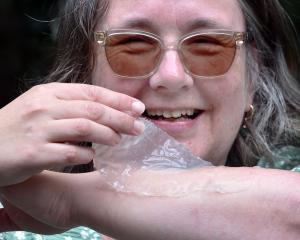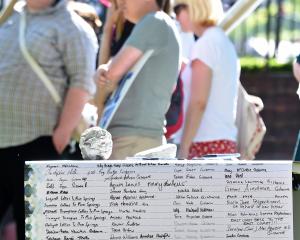That is the conclusion of a review released this morning by the Royal Society of New Zealand.
The society has criticised New Zealand's food labelling laws, saying they provide an insufficient guide for consumers in respect of sugar levels.
Society president Emeritus Prof Richard Bedford said the sugar review was needed because of ''confusing information in the community and media''.
''The Royal Society of New Zealand is providing information to help clarify the role of sugar in health for New Zealanders, today publishing an evidence update, a fact sheet and a short animation based on a review of expert research.''
Prof Bedford said many New Zealanders were likely to be exceeding World Health Organisation (Who) guidelines to not consume more than 12 teaspoons of added sugar per day. The Who further recommends people aim for less than six teaspoons per day. The limits do not apply to sugars found in whole fruit, milk, and vegetables.
It was difficult to comply with the limits, because of lax food labelling requirements.
''Food labelling in New Zealand does not allow consumers to assess how much sugar has been added to food and drink, making it difficult to follow these recommendations.''
Sugar was linked to a range of adverse health outcomes, including weight gain, dental decay, obesity, Type 2 diabetes, heart disease and gout.
''The role of sugar in developing obesity is also important, given that New Zealand is now ranked third after the US and Mexico for rates of obesity,'' Prof Bedford said. Ministry of Health data shows 31% of adults and 11% of children aged 2 to 14 in New Zealand are obese.
''There is still more research to be done to fully establish and confirm the links between sugar consumption and health impacts, but there is a growing weight of evidence that the risks posed by excessive sugar in diets, especially added sugar in sweetened drinks and processed foods, need to be taken seriously,'' Prof Bedford said.










